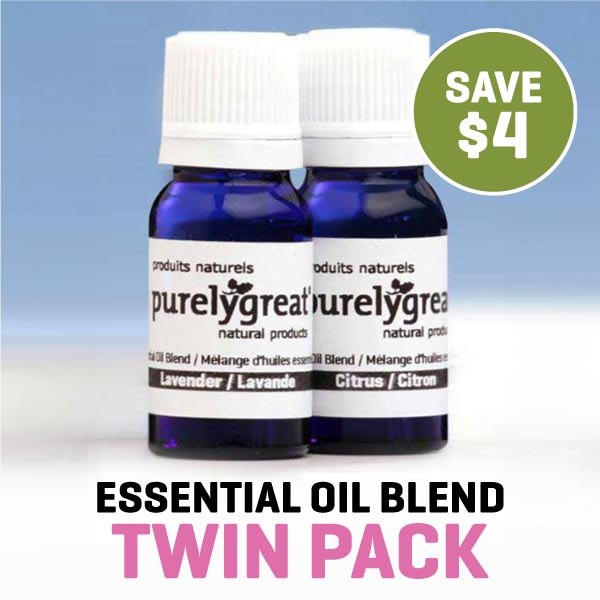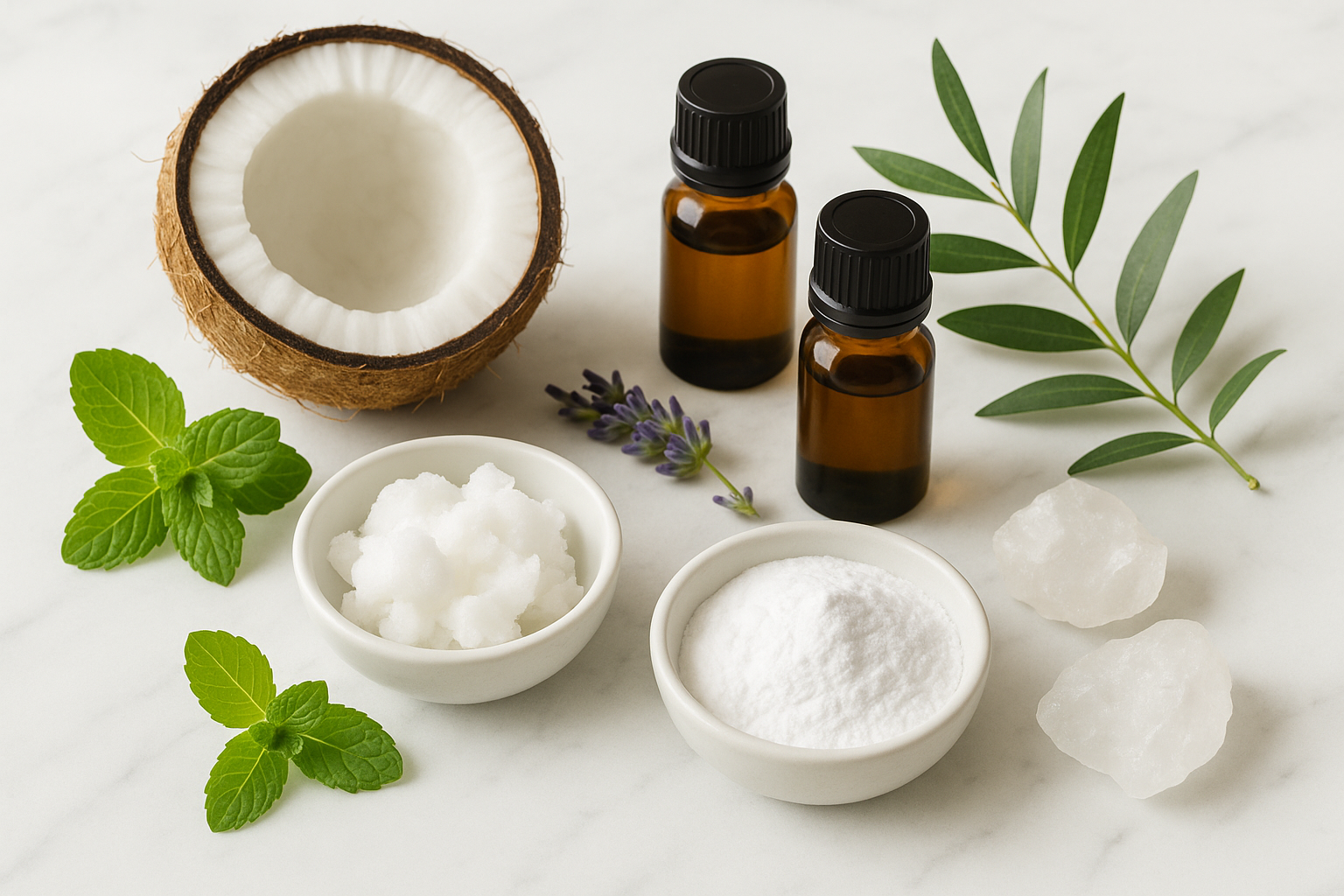We're all becoming more conscious of the substances in our everyday items, and we're opting for more natural options that are better for our bodies and the environment. Natural deodorant is categorically included in this category. So, have you considered (or attempted) switching to natural deodorant? You may be asking if natural deodorant is merely a trend, or if there is a genuine need to convert to natural deodorant and other natural products. here is what you need to know about natural deodorant.
Sweating Is Good for You!
Sweating is a natural and healthy biological activity that allows us to cool ourselves when we become overheated. It's a vital mechanism that aids in the maintenance of our natural homeostasis and body temperature.
Why Do We Have Body Odor?
Warm surroundings are bacteria's closest buddy, and our underarms provide an ideal setting for germs to grow. Furthermore, human perspiration serves as food for them. Unfortunately, after digesting that sweat, those bacteria may develop a stench, which is what we call body odor. This odor is also impacted by factors like nutrition, hormones, lifestyle, and certain medical problems. Even regular deodorants, which many of us have used for years, may alter the environment of our skin and generate new or different bacteria to generate harsher scents than before.
How Do Deodorants Work?
Deodorants reduce odor and germs, but they do not stop you from sweating. They use antimicrobial ingredients to battle odor-producing microorganisms. Antiperspirants, on the other hand, employ aluminum salts to plug sweat ducts, effectively preventing perspiration and the germs that consume it. However, as previously said, sweat production is a vital physiological function that your body employs to cool itself. This is especially crucial during pregnancy since you are more prone to overheating. Many conventional deodorants are combined with antiperspirants to provide protection against both odor and perspiration. It may appear to be a good thing to have two odor-fighting abilities in one, but people have begun to worry about what effect this has on our bodies.
Deodorant VS Antiperspirant:
There appears to be a lot of misunderstanding concerning these two products. Antiperspirant is used to reduce sweating; deodorant aids in the prevention of microorganisms that create body odor. Consumers are frequently attempting to avoid odor, recognizing that sweat is a crucial body function that helps us maintain our optimal temperature. Before you convert to a natural deodorant, you need to understand what they are and how they vary from antiperspirants. And the distinction is actually fairly easy. You can sweat while wearing deodorant. Antiperspirant, however, does not allow sweating. Natural deodorants are intended to create a healthier skin microbiota than standard deodorants. They do not include aluminum-based salts like regular antiperspirants and are often created with natural antibacterial, absorbent, and aromatic components. While they will not prevent sweating (which is not always a negative thing), they will help hide your natural body odor by employing natural chemicals. Coconut oil, essential oils, baking soda, and arrowroot are common ingredients in these preparations.
Why Choose Natural Deodorant?
The skin around the armpits is especially sensitive. It is prone to irritation, redness, small pimples, and "shaving burn." This is why it is critical not to assault him further with a deodorant that is chemical or is not skin-friendly. Above all, the armpits require softness and protection, as well as being nourished and comforted on a regular basis. In the field of natural deodorants, even sensitive skin finds an ally. Indeed, some natural deodorants are made without scent or essential oils in order to avoid skin irritation. Natural deodorant is incredibly cost-effective; whether in the form of a cream or a stick, its duration of use is three times that of a traditional deodorant in the form of a spray or a ball.
Natural deodorant is far more environmentally friendly than a traditional deodorant! During a shower, chemical particles, particularly aluminum particles from a typical deodorant, are expelled and damage water reserves. Deodorant packaging must be minimal and recyclable. Finally, the air pollution caused by aerosol deodorants must be considered (nitrogen, carbon monoxide).







